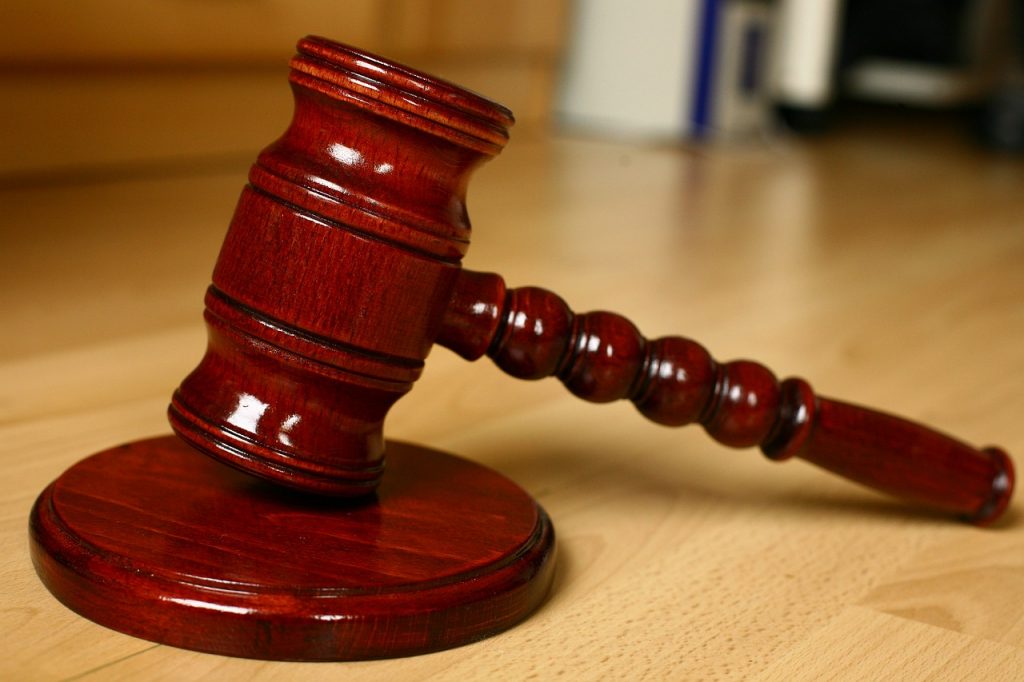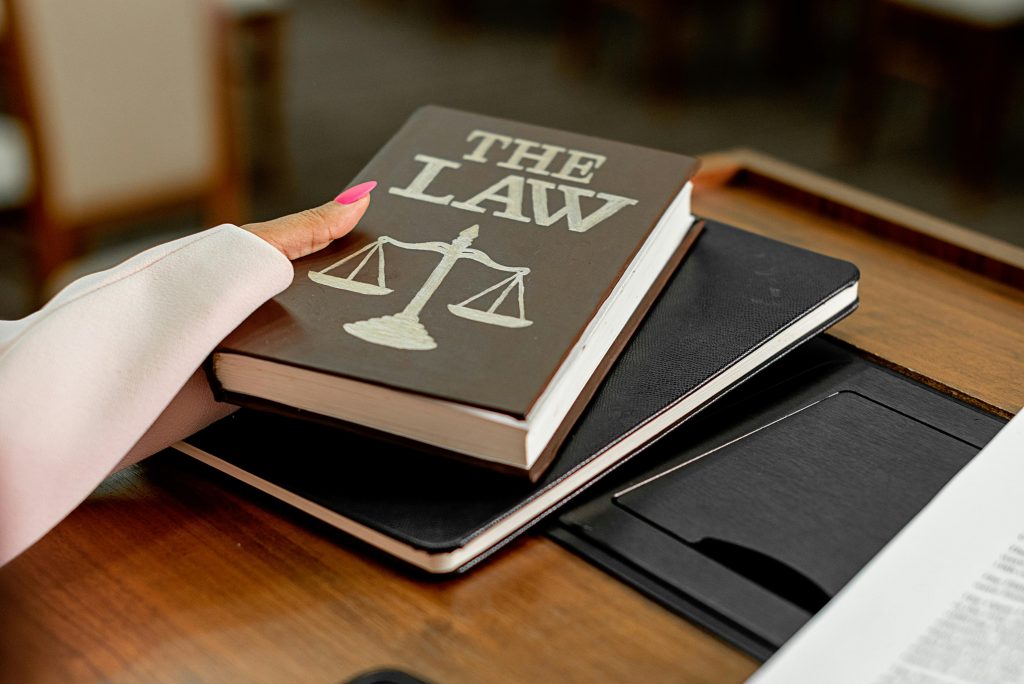

- Legal notices must adhere to transparent, concise formats and standards to ensure effectiveness and prevent misinterpretation.
- Proper service of legal notices, following civil procedure rules for delivery, is crucial for the notice’s validity in court.
- The language within legal notices should be easily understood, avoiding complex legalese to ensure clarity and facilitate due process.
- Legal notices serve as a fundamental aspect of fairness and justice in the legal system, enabling an orderly process from accusation to resolution.
Every move by the legal system plays a critical role, even the seemingly pedestrian act of delivering a legal notice. To the uninitiated, a legal notice may appear as a mere formality. However, to those seasoned in the complex web of court proceedings, delivering this notice is the very breath of due process and fairness. This narrative explains the multifaceted significance of the legal notice and its pivotal role in ensuring equitable outcomes within the mazes of the legal system.
Understanding Legal Notice and Its Underpinning in Due Process
Before diving into the legal discourse, it’s crucial to establish what is meant by ‘legal notice.’ In court proceedings, legal notice is a formal communication that informs individuals or entities involved in a legal case about the next steps, such as hearings, depositions, or requests for information.
It is rooted in the concept of due process where philosophies of notice (nemo debet esse judex in sua propria causa) and hearing (audi alteram partem), meaning no man shall be a judge in his cause and that all parties must be allowed to be heard. Essentially, it is a written notification that indicates the parties’ receipt of important information in a legal case.
Legal notices can be classified into different types depending on their purpose or desired response. A summon requesting the appearance of a person. Notice of hearing about an upcoming hearing or a trial date. Notice to produce a document relevant to the case.
Critical Functions of Proper Legal Notice

Examining legal precedents unveils these roles that legal notification serves in court proceedings – ensuring due process, framing the context, and possibly nurturing amicable resolutions.
Ensuring Due Process at Interstate Levels
A crucial component of the legal system is fairness. In cases involving multiple jurisdictions, out-of-state subpoenas, such as the guidelines in UIDDA Arkansas, stand as a paragon that streamlines the notice process. It informs the parties involved of their rights, the allegations against them, and the actions they must take.
Setting the Stage for the Proceedings
The formalities of legal notice serve a practical purpose. It establishes a clear timeline, details the nature of the action, and provides explicit guidance to the parties on what to expect. Such clarity is not just administrative ease but is fundamental to fair proceedings and efficient case management by the court.
Possible Resolutions
Although not an unequivocal role, legal notice can act as a bridge before the battle commences. Appraising parties of potential outcomes and the evidence against them often nudges adversaries toward the negotiation table. In this light, a legal notice can transcend its typical function and catalyze mutually beneficial settlements, saving time and resources.
Consequences of Improper Legal Notice
When parties do not receive adequate notice, they’re deprived of the opportunity to prepare their case or respond to allegations, potentially resulting in a default judgment against them.
Annulment of Proceedings
A possible restart of the entire process can result from failure to present a legal notice for the concerned parties. It consumes additional time and other resources and can be viewed by the court as a lack of proper notice. Consequently, the act may be the basis for questioning the violation of the defendant’s rights.
Complicated Enforcement of Judgment
In multi-jurisdictional disputes, the absence of a correctly executed legal notice complicates judgments and the applicability of laws across different territories. This can lead to legal limbo, where decisions made in one jurisdiction are not recognized or enforced in another, eroding trust in the legal process.
Crafting a Proper Legal Notice
Navigating through the intricate art of bestowing legal notice takes diligence and precision. It involves a judicious blend of legal understanding and empathetic communication. Here are some best practices that should be the lodestar for any legal practitioner handling the delicate task of notification:
The Symphony of Content and Format
Legal notices are no place for verbosity or ambiguity. The content must be clear, concise, and conform to legal standards. The format should be unambiguous, adhering to prescribed templates and structures to ensure the message is accurately conveyed without room for misinterpretation.
The Ways of Proper Service
No matter how meticulous its content, a legal notice is ineffective if not served properly. The methods of service, whether personal delivery, mail, or publication, must align with the rules of civil procedure. Each party must receive the notice, and service must be documented meticulously to withstand the court’s scrutiny.
The Clarity of Notification Language
The language used in a legal notice should not be abstruse or laden with unnecessary legalese. Its recipients might not be legal scholars, and the notice should be readily understandable in the interest of due process. This clarity reduces the likelihood of miscommunication and ensures that all involved can adequately prepare their defense.
Legal notice, often relegated to the dusty tomes of procedural intricacies, is the lifeblood of fairness in the legal system. It embodies the essence of due process, ensuring that all involved are heard and judgment is not borne of unilateral determinations. In a world with a chaotic mix of disputes, legal notice is an instrument of organization and equity, guiding the process from accusation to adjudication. It is not just a formality but a critical function of the system that upholds the notion of justice itself.

